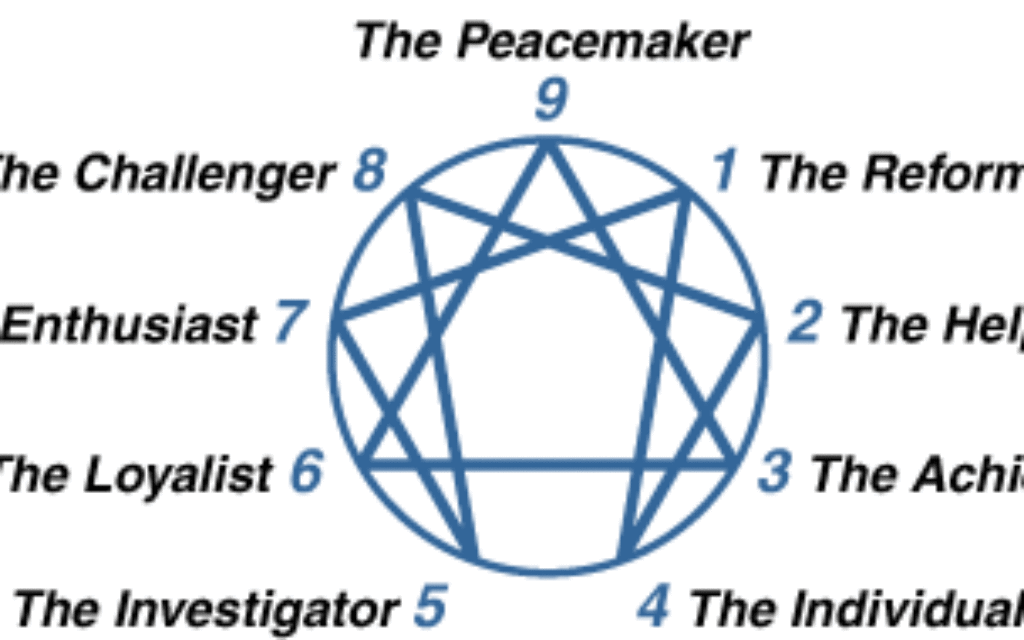Individualization Needed in Jewish Education
The Enneagram and Shaindy Perl's next book point the way to recognizing and serving different personalities.
Recently I discovered the Enneagram, a personality profile that groups people into one of nine categories. There are various books and websites devoted to testing, profiling and self-improvement based on this approach. I was even surprised to learn it is discussed by some respected Jewish sources.
Author Shaindy Perl’s “Out of the Box,” published by Israel Bookshop, is due out soon and discusses the Jewish approach to the Enneagram and how we can use it for personal growth and to understand ourselves, our spouses, our children and others in an effort to use personality traits.
As Mishlei/Proverbs 22:6 says, we should “educate a child according to his way.”
Get The AJT Newsletter by email and never miss our top stories Free Sign Up
As I strive to appropriately educate each of my four children in his or her way, as well as in the classroom — I teach middle-schoolers — it helps to understand their unique personalities, including their motivations, perceived weaknesses and potential areas of growth.
According to this approach, one of my children is dubbed “the loyalist,” another “the enthusiast,” another “the helper,” and with the youngest I’m not quite sure yet. As they get older, it’s such a joy to see them develop their own personalities and character traits.
But to recognize this, I first had to know myself. As “the individualist,” I’m learning how to remain creative and passionate, but with more consistency and planning.
With my oldest two, I wasn’t as aware of the differences in the beginning because in many ways I saw them mostly as an extension of myself. It takes self-awareness as a parent and an ego that’s in check to start to more fully see your children as individuals and to help them grow into who they are meant to be.
One mistake some educators make is to generalize in the classroom, to teach students as a unit rather than as individuals. Parents may do the same at home, trying to reward or provide consequences in a standard formula.
One should educate each child according to his or her current ability level and individual personality, our sages tell us, teaching only that which will be most likely to resonate with each particular child, at each particular stage of his or her education. It’s not an easy task.
When they get older, if the education they receive is in line with who they are, they will more likely choose a path that’s true to them, so it’s fundamental to their foundation.
I have discovered just how crucial it is for my children to receive a Jewish education. When we started on this journey over a decade ago, we thought a school could be one-size-fits-all for our children. But that has proved not to be the case.
And simply sending them to Jewish schools isn’t enough. My husband and I are tasked with educating them at home in middos (character traits), teaching them and modeling for them what it means to be a mensch, and paying attention to what makes them unique.
It is our role as parents to recognize their strengths, to help them develop the qualities that make each of them special, and to partner with their teachers and administrators to ensure they are getting the education that best suits them.
That relationship is crucial: Teachers should understand you are there to support them, you trust in their abilities, and you want to answer any questions they may have about your child.
As I have learned the hard way along this journey, recognizing my own challenges and strengths and striving to grow have been crucial aspects to addressing the gifts and weaknesses of my children. A little help from personality profiles like the Enneagram, along with a mindset of growth, can be life-changing.





comments